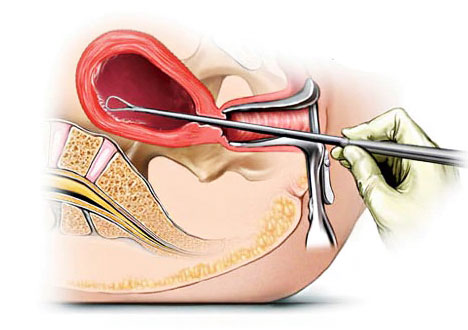The MTP procedure for women, or Medical Termination of Pregnancy, is a method to end an unwanted pregnancy safely. It’s crucial to distinguish between myths and facts about the MTP procedure for women to make informed decisions. Many myths confuse women about this important procedure. This guide aims to clear up the common misconceptions and present the realities of the MTP procedure for women. Our goal is to offer a comprehensive insight into supporting informed choices, ensuring safety, and understanding the rights involved. By delving into the details, women can dispel misconceptions and feel empowered about their health decisions.
The MTP Procedure: A Closer Look
In India, the MTP procedure for women is governed by specific legal frameworks that protect their rights. The law permits abortions under certain conditions to ensure women’s health is prioritized. Understanding this legal backing is vital for informed consent.
There are two primary methods for the MTP procedure steps: 1. Medical Method: This involves taking medication to end the pregnancy. 2. Surgical Method: This involves a minor surgical procedure.
Eligibility for these methods depends on the pregnancy stage and medical advice. A healthcare provider will guide the best approach for each situation.
In the medical method, doctors first provide an initial pill. This makes the lining of the womb shed. After a couple of days, a second pill follows to complete the process. During this MTP procedure steps, women might experience cramping and bleeding. Emotionally, feelings can range from relief to anxiety which is entirely normal.
One popular myth about the MTP procedure for women is that it affects future fertility. This is untrue. Scientific evidence shows that, when conducted by professionals, abortions do not harm future fertility prospects. Misunderstandings like these necessitate myth-busting discussions backed by facts. Therefore, it’s crucial to trust credible sources and consult medical professionals.
Furthermore, emotional responses post-procedure can vary. It’s crucial to acknowledge these emotions and seek support when needed. Misconceptions should never obscure the facts when it comes to women’s health and choices.
Supporting Women Through MTP: What to Know and Consider
Opting for an MTP procedure for women can bring a lot of doubts and fears. Emotional wellness is essential post-procedure. It’s important for women to understand their feelings are valid and worthy of attention.
Informed consent is vital. Consulting skilled healthcare providers ensures safe procedures. They offer invaluable support and clarity.
For emotional support: – Consider counseling and helplines designed to offer a listening ear. – Speak with trusted friends or family members.
Prior to the procedure, women should focus on: – Gathering complete information from reliable sources. – Discussing safety tips and necessary precautions with healthcare providers. – Ensuring they are emotionally prepared.
Women and their loved ones must collaborate closely with caring medical professionals throughout the experience. Always remember that you are not alone and support is available.
Aftercare and Recovery: Ensuring a Smooth Post-MTP Experience
Recovery post-MTP procedure for women is usually smooth. Typically, it can take a couple of weeks for the body to return to normal.
Here’s a typical recovery timeline: – Within a few days: Expect some light bleeding and cramps. – After two weeks: Most physical symptoms subside by this period.
Ensure regular follow-ups with your healthcare provider to confirm full recovery. They can guide you through necessary aftercare measures, ensuring optimal health.
Normal recovery symptoms may include: – Mild discomfort or bleeding. – Temporary tiredness.
It’s crucial to watch out for serious symptoms like severe pain or heavy bleeding. Such situations require prompt medical intervention.
MTP procedure side effects can vary but are generally minor. By following medical advice and ensuring timely check-ups, women can navigate recovery smoothly. Remember, when carried out within legal and professional guidelines, the MTP procedure for women is a safe choice.
Demystifying this important process empowers women, ensuring their decisions are informed and safe. Always prioritize licensed medical professionals for advice and guidance during this journey.

